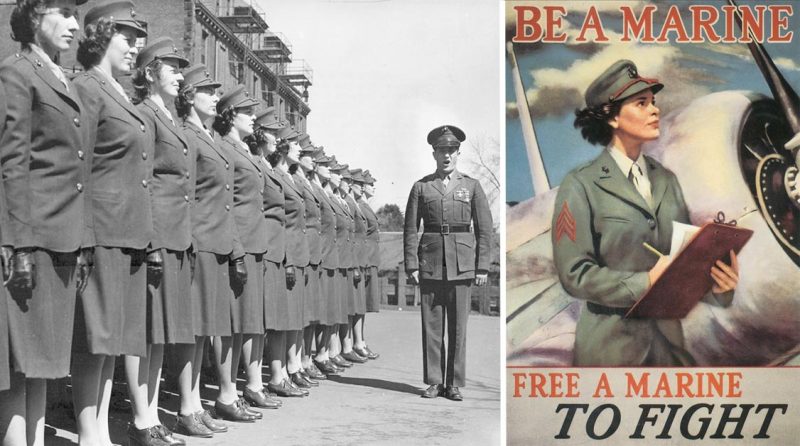Betty Denekamp joined the United States Marine Corps Women’s Reserve in 1943. She saw the men of her hometown in West Roxbury, MA, go off to war and decided she wasn’t going to be left at home.
Over 70 years later, she is being honored outside the home she lived in almost her entire life. The corner of Glenhaven and Paragon roads will be named after her.
Edwin “Bud” Waite was also a WWII veteran and a longtime friend of Denekamp who wanted to honor her with one of the over 1,000 “Hero Squares” in Boston. But “Hero Squares” are specifically designated for people who died in the line of duty, according to District 6 City Councilor, Matt O’Malley.
Waite said that she may not have been a “hero” in that sense, but that she always had been a hero to him and he kept pushing O’Malley for a way to honor her. O’Malley worked with the city’s Veterans Services Commissioner Giselle Sterling, who helped him find the Outstanding Citizen designation that allows the city to honor people who did not die in action.
City Council recently approved naming the street corner in her honor. “We wanted to acknowledge 70-plus years of service to her community and country,” said O’Malley. “She was a truly remarkable individual.”
Denekamp originally tried to sign up when she was 19 but was not accepted. With her mother’s permission, she signed up at the age of 20 in November 1943 and was sent to Parris Island for boot camp.
Her daughter, Linda Denekamp, said that she thought it was “outstanding that a woman in those times would leave home at her age and go off and join the Marines. Everyone said the Marines were the best and that’s what she wanted to be.”
The 20,000 women in the Women’s Reserve did not see action overseas. Denekamp worked switchboards and drove trucks in South Carolina for two and a half years which freed up men to fight in the war. According to Linda, her mother and other women had the respect of other Marines.
After her discharge in 1946, Denekamp became a fixture in the Women Marines Association and a volunteer at the West Roxbury VA Hospital. She raised Linda and her sisters, Sandra and Cynthia, using her Marine experience to help, setting strict curfews for her daughters and keeping everything organized, Boston Herald reported.
But Denekamp’s military experience was an inspiration to her daughters. She taught them that there is nothing a woman cannot do and instilled confidence in each of them.
